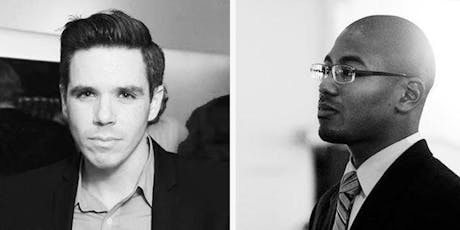They are blaming the stock market plunge of 2% today on the Italian crisis. But, we know that the Euro is about to blow....
We're sitting on a powder keg. In Europe, destabilizations are mounting. In Italy, the latest phase of blocking sovereignty and the will of the electorate, occurred last night, when President Sergio Mattarella denied the ministerial roster submitted by the coalition of M5S and Lega parties—objecting to senior economist Paolo Savona for Economics Minister—and instead declared an ex-IMF austerity hitman, Carlo Cottarelli, as Prime Minister-designate, mandated to form a cabinet. When sent to Parliament, Cottarelli's list will be rejected, prompting more chaos, and new elections. This is a coup, but the London-centered "financial community," expressed by Handelsblatt, applauds Mattarella for blocking "populism."
In Spain, a crisis is looming, as a no-confidence measure will be debated later this week, on the Rajoy government—which has de-merits; but the danger comes from the lack of any positive program from anyone at all. The potential instability here, particularly threatens those parts of the Iberian Peninsula which have been moving strongly with the Belt and Road Initiative.
In the United States, the Mueller/Russia-Gate Coup—though discredited by the hour—is still in operation and causing havoc in policy-making across the board. And all the while, the Wall Street/City of London monetarist system is cracking up, as shown by the recent emergency palliatives administered to Deutsche Bank, and the worsening situations of several national economies which are being slammed, as hot-money games blow out in Argentina, Brazil, and elsewhere.
The situation is very dangerous. But the blatancy of the "British" element throughout, creates a not-to-be missed opportunity, for action to strike the fatal blow. The London-centered financial and geopolitical power network is resorting to ever-more obvious dirty means to oppose the advance of the new world paradigm seen in the "New Silk Road."
President Trump himself reiterated in six tweets over the weekend, how Russia-Gate has turned into Spygate. For example, May 26,"This whole Russia Probe is Rigged. Just an excuse as to why the Dems and Crooked Hillary lost the Election and States that haven't been lost in decades...SPYGATE & CONFLICTS OF INTEREST."
Though he omits citing the British factor, Trump did make reference to it historically, in his May 25 speech at the Annapolis Naval Academy, saying that, "Our ancestors trounced the Empire..."
Now is the time for trouncing the Empire worldwide. The indications of what positive steps could look like, for the advent of a worldwide shared future of peace and development, come from Asia. Previews were given Monday from Beijing, of the June 9-10 Shanghai Cooperation Organization summit in Qingdao, where President Xi Jinping will chair the sessions, host a state visit with Russian President Vladimir Putin, and welcome guest observer nations, including Iran. Two days later, there is the prospective meeting of President Trump and North Korean Chairman Kim Jong-un.
google.com, pub-5675136454045958, DIRECT, f08c47fec0942fa0




